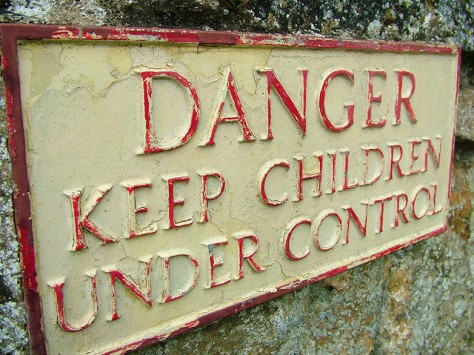Even most people who are not policemen and lawyers understand that faking someone else’s signature on a check constitutes the crime of forgery. So does trying to falsify one’s junior college academic transcript with the intention of sending the document to a prestigious university to gain admission. These are simple examples of ways one could run afoul of California’s forgery laws. There are other less obvious ways, however, to get oneself charged with a violation of California’s Penal Code for a forgery-related offense.
Some examples are possessing a fake money that looks real (even if you are not the party who created it); copying a state, official, or corporate seal, or possessing a fake seal without permission, and duplicating a drivers license or ID card.
As with all forgery charges, the prosecutors need to be able to prove the defendant performed the act with intent to defraud. More specifically, to get a conviction, it usually has to be shown that the document could fool, deceive or financially injure someone who thought it was genuine.
Most forgery crimes can be charged as felonies or misdemeanors, however falsifying medical records in California is strictly chargeable as a misdemeanor (PC 471.5) The punishment for a felony conviction for forgery can include time behind bars up to three years and a fine of $1000.
Please keep in mind that not every faked or seemingly forged document violates laws against forgery. For an interesting example of this reality, try googling J.S.G. Boggs and checking out some of the content. In the meantime, if you are facing a forgery matter in court, please contact the Law Offices of Vincent W. Davis where we have several whip smart criminal defense attorneys on staff who can provide you top notch representation and help fight your case.
The Law Offices Of Vincent W Davis And Associates
https://www.vincetwdavis.com






